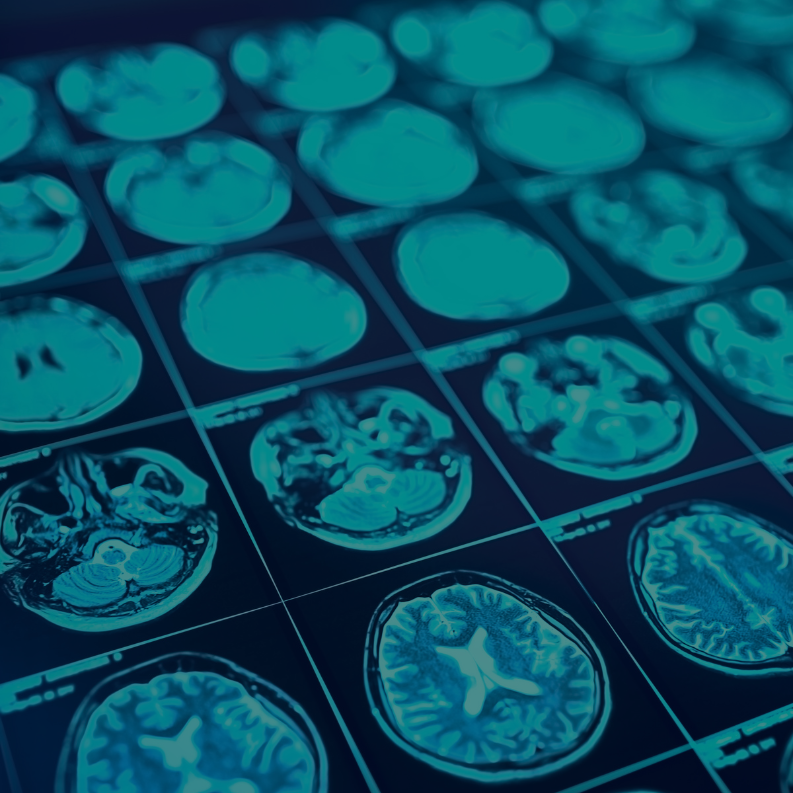The Australian Cancer Plan
Wednesday 24 April 2024
In November 2023 the Australian Government released the Australian Cancer Plan. This 10-year strategy aims to improve prevention, screening, treatment and management of all cancers for all people across Australia. The plan was developed in consultation with various individuals affected by cancer as well as organisations, researchers and health professionals across the cancer sector.
Children, adolescents and young adults have been identified in the plan as key priority population groups for achieving equity in cancer care. Additionally, children, adolescents and young adults may also identify across other priority population groups including Aboriginal and Torres Strait Islander people, people living in rural and remote areas and people from culturally and linguistically diverse backgrounds. This can result in compounding social, cultural and other determinants of health on cancer experiences and outcomes.
In the below blog, we explore what the Australian Cancer Plan entails for children, adolescents and young adults.

What is the Australian Cancer Plan and who is responsible for its implementation?
The Australian Cancer Plan is a national framework, published by the Australian Government’s lead cancer control agency, Cancer Australia. The Australian Government has committed to taking action for delivery of the plan, however overall the plan has been described as a ’shared responsibility’ for the whole Australian cancer community, state and territory governments and other stakeholders.
At its core, the Australian Cancer Plan is “designed to improve cancer outcomes for all Australians, and particularly for those groups whose health outcomes are poorest”. The landmark plan has been informed by a rigorous process of stakeholder engagement.
The plan outlines six overarching strategic objectives, each containing a future-focused 10-year-ambition, underpinned by two- and five-year goals, together with a set of comprehensive actions that will achieve these goals.
The plan acknowledges there are disparities in cancer outcomes between defined groups of the Australian population and has identified 10 key priority population groups that need to be addressed to achieve equity.
The last section of the Australian Cancer Plan is Optimal Care Pathways (OCPs) which outline best care recommendations across seven steps in the cancer continuum.
Why have children, adolescents and young adults been identified as key priority population groups?
The Australian Cancer Plan defines children as those aged between 0 to 14 years of age. In 2023, it is estimated that 741 children were diagnosed with cancer in Australia. The five-year survival rate after a cancer diagnosis for children is 87%.
The Plan recognises that cancers in children are different from those in adults – in appearance, site of origin and response to treatment. Children have been recognised as a key priority group in the Plan as childhood cancer survivors are at a high risk of adverse long-term health conditions due to their cancer and associated treatment. These can include secondary cancers, serious health conditions, infertility and psychosocial challenges.
Adolescents and young adults are defined in the Plan as people aged between 15-24 years of age. It is estimated that 1,201 people in this age group were diagnosed with cancer in 2023. Adolescents and young adults have been identified as a key priority group in the Plan due to the specific factors impacting their cancer experience including the developmental stage of life at diagnosis, the biology of cancers diagnosed in this age group (and response to child or adult cancer treatments), the higher incidence of rare cancer with poorer outcomes, career and financial prospects and educational disruption.
Further information on why children have been identified as a key priority group can be found here under ‘Current State’. Similarly, information for adolescents and young adults can be found under ‘current state’ here.
What are the end goals for children, adolescents and young adults?
Under each of the key priority population groups listed in the Australian Cancer Plan is a short summary of the ‘Future State’ for that population group. This Future State effectively outlines what the end goals of the plan are for that population group, which will be achieved through a series of smaller actions.
The Future State for children with cancer is to improve health equity by …
- Enhancing research opportunities into the risk factors and potential causes of genetic disorders and childhood cancers.
- Expanding access to risk-modified screening including genomic testing for children.
- Improving access to drugs, new treatments and treatments that enable personalised medicine
- Providing specialised education and training to healthcare providers to enable clinicians to have appropriate conversations with children and families.
The future state for adolescents and young adults with cancer is to improve cancer experiences by …
- Integrating inclusive survivorship models of care. These models of care include navigation; specialised education and training to healthcare providers to understand the current and future needs of adolescents and young people with cancer
- Improving access to optimal cancer care.
- Improving accessibility, consistency, and comprehensiveness of national data sets.
More information on the Future State for children, adolescents and young people with cancer can be found at the links below, by navigating to the ‘Future State’ section:
https://www.australiancancerplan.gov.au/populations/children
https://www.australiancancerplan.gov.au/populations/adolescents-and-young-adults
STRATEGIC OBJECTIVES
Click any of the links below to learn more about each of the six strategic objectives of the Australian Cancer Plan in relation to children, adolescents and young adults.
ANZCHOG is a non-profit organisation committed to ensuring Australian and New Zealand children receive world-class cancer care. We are the peak professional body for paediatric oncologists and health professionals who care for children with cancer, spearheading national initiatives to enhance clinical care through communication, research, networking and education. We are also the national cooperative clinical trials group for childhood cancer, actively working with trial consortia around the globe to ensure Australian and New Zealand children have the opportunity to access the latest promising cancer treatments.


